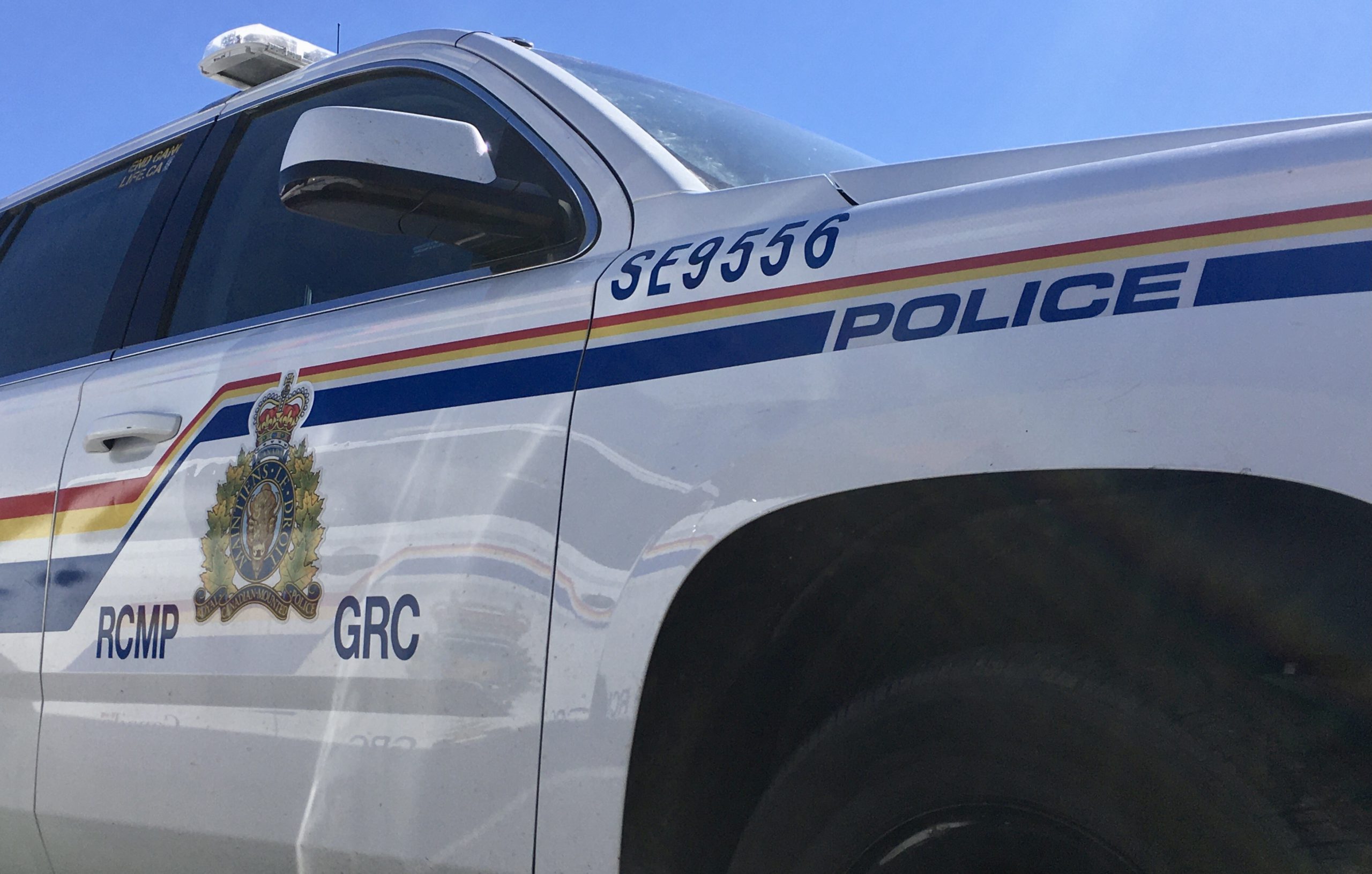A local mayor says funding a retroactive RCMP salary increase will throw a wrench into local governments’ budgeting process.
“There are very few municipalities that were ready for that large of an increase,” said Sparwood Mayor David Wilks. “It’s at a time when we’ve already done our budgets for 2023. So, it’s not like they have the money now, so the federal government is just going to have to wait until 2024.”
The federal government indicated that it will not pay any part of the tab, leaving local governments to cover it.
This cost is owed as part of the RCMP collective agreement that spans from 2017 to 2023.
According to the Union of B.C. Municipalities (UBCM), local governments have been offered an extended two-year period to make the full payment, pushing the deadline to March 31, 2025.
Public Safety Canada began sending out correspondence about the decision and the new repayment option after a March 29 meeting.
Invoices were also sent to municipalities with populations of more than 5,000 people that hold RCMP Municipal Police Unit Agreements.
This will add up to an estimated cost of $138 million to $145 million, according to the UBCM.
“For Cranbrook, the size of about 20,000, it looks like it would be about a $1.3-million bill coming to them. I’m not sure what that looks like in a tax increase, but I’m sure it’s significant,” said Wilks. “For Fernie, it looks like it might be around three-quarters of a million.”
Wilks said smaller communities are not off the hook, either.
“Our bill will come from the province and it’s based on population. For some smaller communities, they just will not have the capacity to pay for this and I don’t know what the answer is going to be then,” said Wilks.
The amount pushed onto local governments will ultimately be reflected in future property taxes.
“If we [Sparwood] get a bill for, say, $200,000, that’s a six per cent tax increase,” said Wilks. “If you look at smaller communities that don’t have the capacity and don’t have the tax base, they’re in trouble. I don’t know how you would explain to your citizens that they’re about to get a 10 per cent tax increase because the federal government didn’t step up and take something they rightfully should have taken.”
Wilks hopes to see the federal government involve municipal governments in future decisions, so this does not happen again.
“Municipal governments across Canada are not involved in negotiating the RCMP contract. That’s through the treasury board, the federal government, and the RCMP. Municipalities just pay whatever happens,” explained Wilks.
“The FCM (Federation of Canadian Municipalities) has been quite clear on this: from here going forward, we need to be involved. We’re the ones who pay the brunt of this,” said Wilks.
“If we’re going to have another negotiation that takes six years, and then we’re going to retro it again, we need to be ready for it. We need to have some kind of idea of what that’s going to cost, so we can start saving now, not being sprung on six years from now.”




